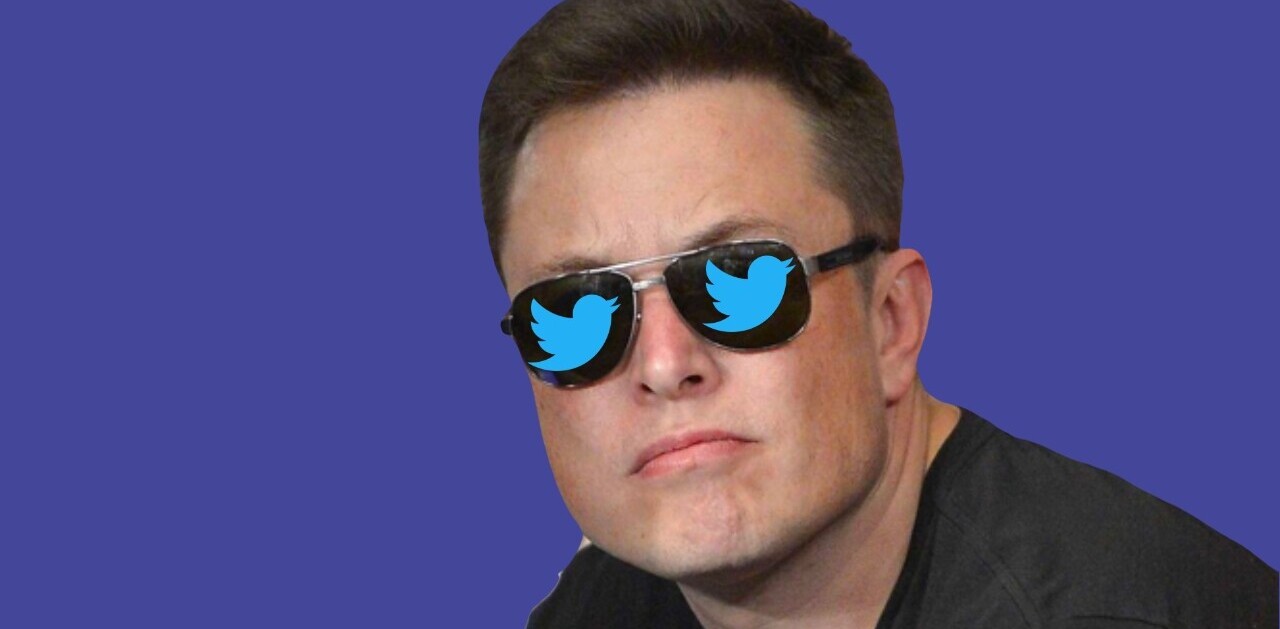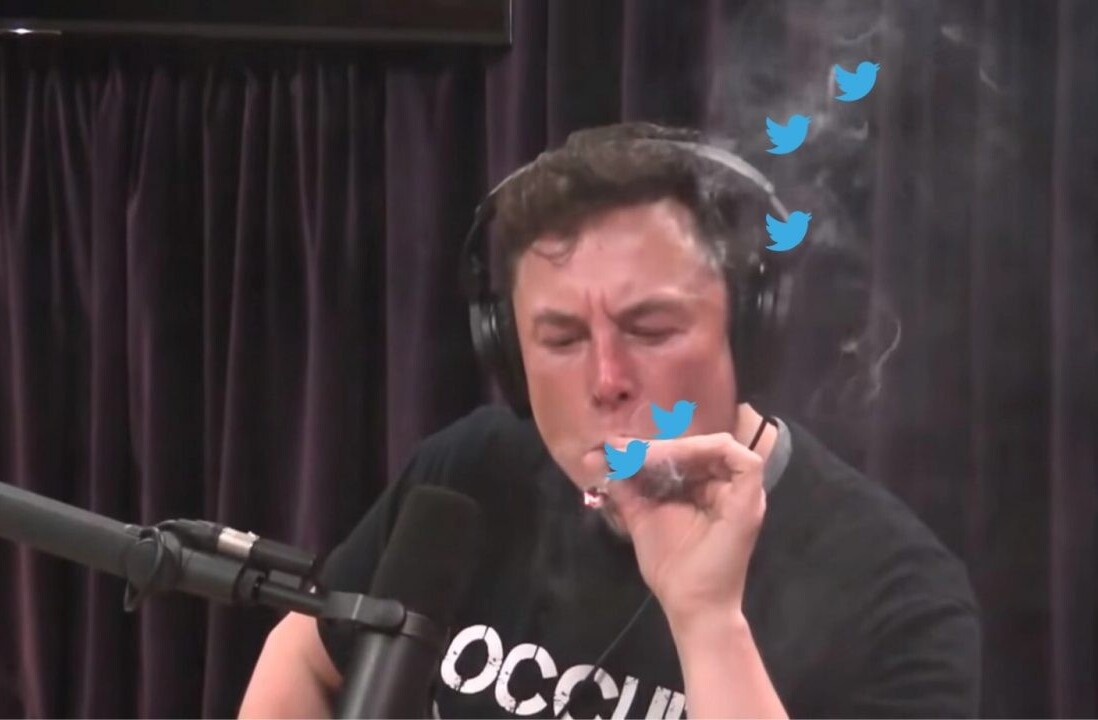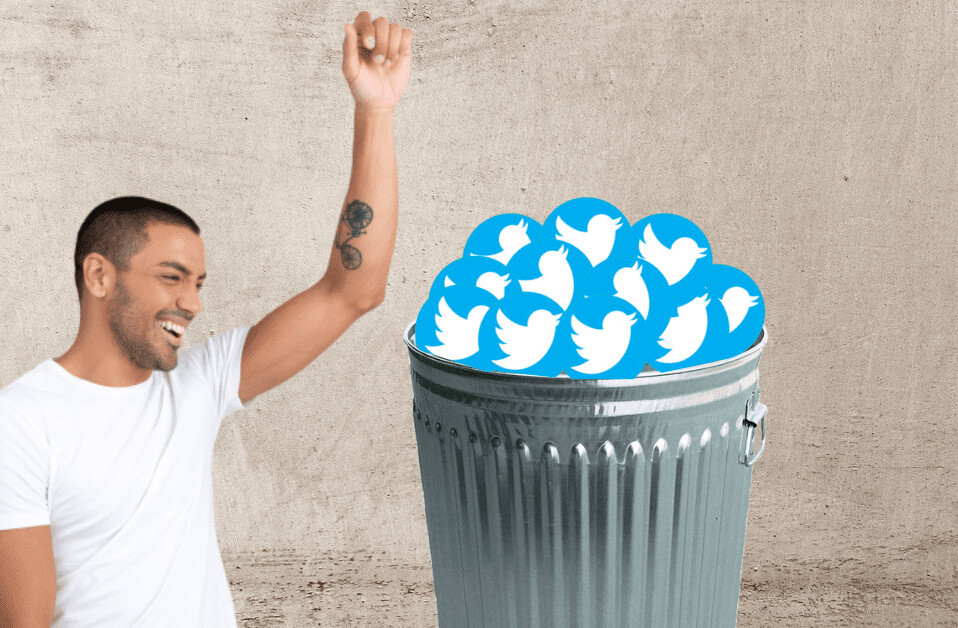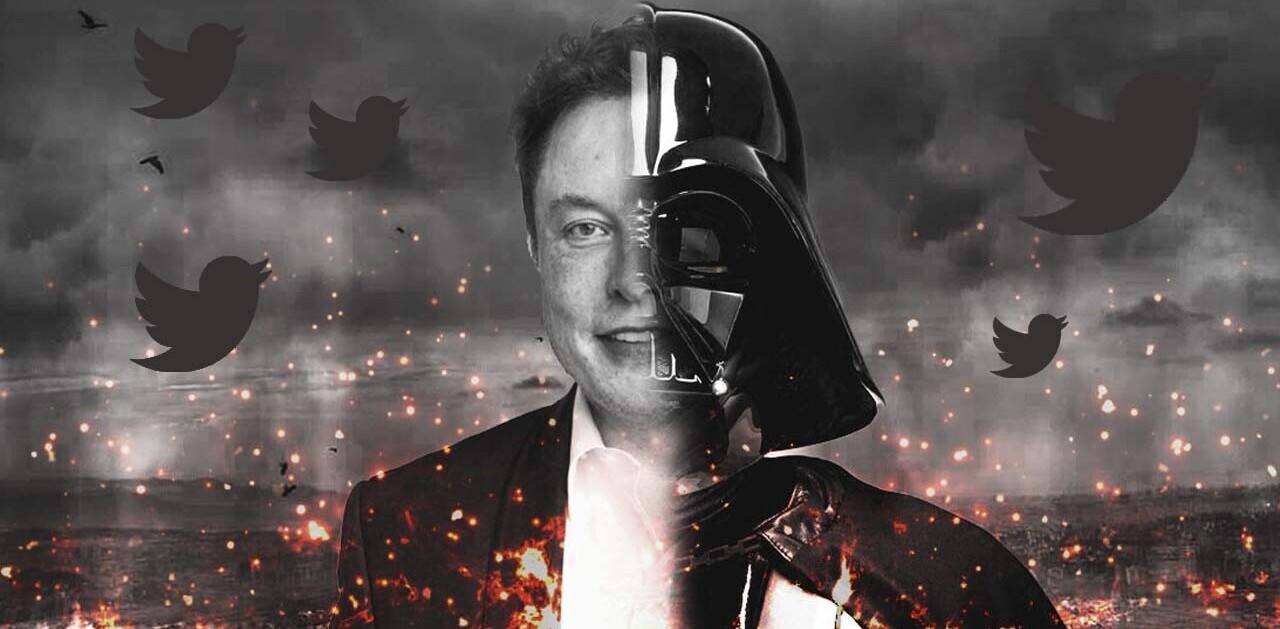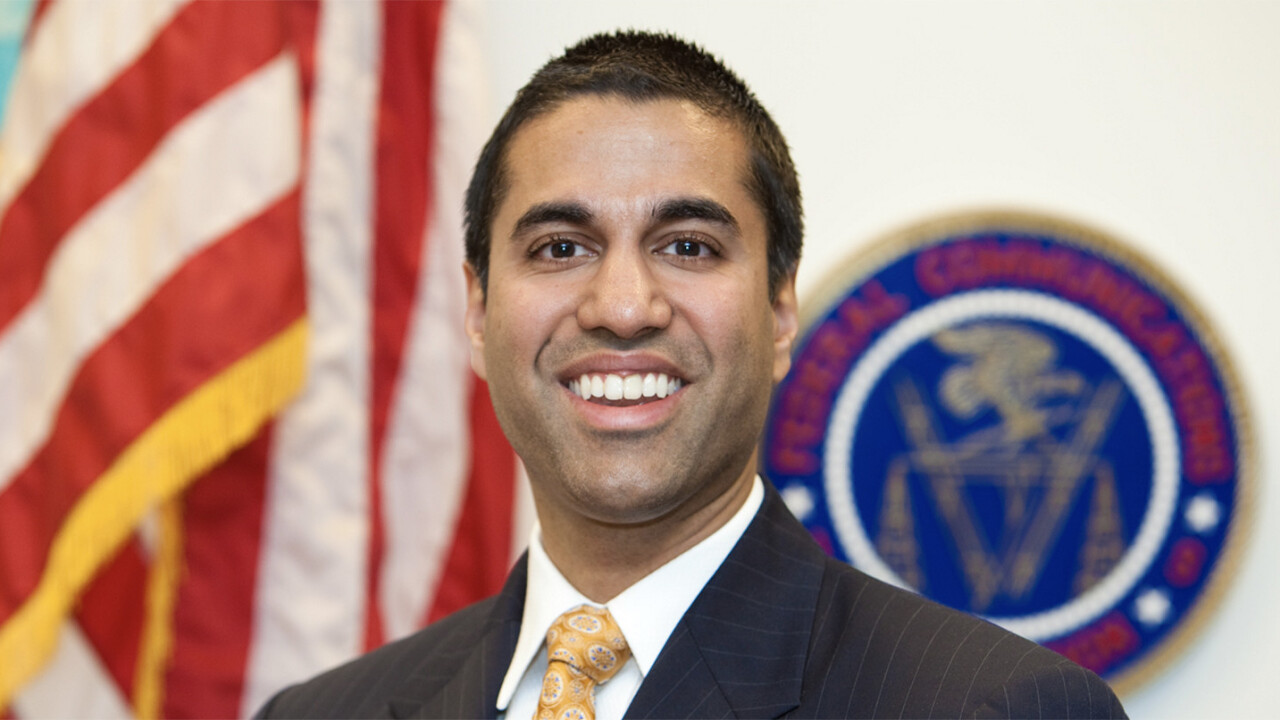
FCC Chairman Ajit Pai today spoke out about his support of the rollback of rules regarding internet service providers. As a counterpoint to the arguments against his position, he called out edge providers — Twitter in particular — for being more of a danger to internet freedom. Trouble is, he doesn’t exactly have the right idea about what people fear from the obliteration of net neutrality.
In a speech given at the R Street Institute, Pai said “When it comes to an open internet, Twitter is part of the problem. The company has a viewpoint and uses that viewpoint to discriminate … the real interests of these internet giants is in using the regulatory process to cement their dominance in the internet economy.”
Leaving aside that this doesn’t address his critics’ concerns at all, Pai’s got the wrong end of the stick with regards to Twitter’s alleged discrimination. What he describes isn’t the kind of control net neutrality critics are crying out to stop.
One of the examples Pai cites in his concerns about Twitter’s refusal to promote a campaign tweet of Senator Marsha Blackburn. The video contained a rather provocative reference to Planned Parenthood, and was deemed to not fit the standards of Twitter’s advertising. As Twitter officials pointed out, the tweets themselves were never censored or removed, and no actions were taken against her account.
He also accuses Twitter of using its discretion to de-verify or suspend conservative accounts. Briefly acknowledging the concern that ISPs could restrict what sites we have access to, he says that Twitter and other sites like it are already controlling what we see online.
Here’s the difference between what he’s talking about and what pro-net neutrality protesters are talking about: Twitter refused to take money to actively promote something to all of its users. What we’re afraid of is ISPs taking money to passively allow sites to operate the same for all of us. And Twitter can only “restrict” (de-verifying and failing to promote aren’t actually censorship) what we see on Twitter, while the potential power wielded by ISPs could restrict what we see anywhere online.
I’m not simply trying to defend Twitter, but equating an advertising dispute and revocation of a blue badge with net neutrality is a false equivalence. It doesn’t inspire confidence that the person with his hand on the controls has a firm understanding of what each button does.
Get the TNW newsletter
Get the most important tech news in your inbox each week.

